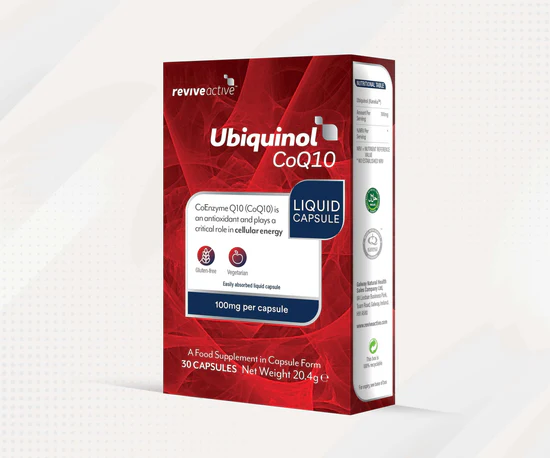
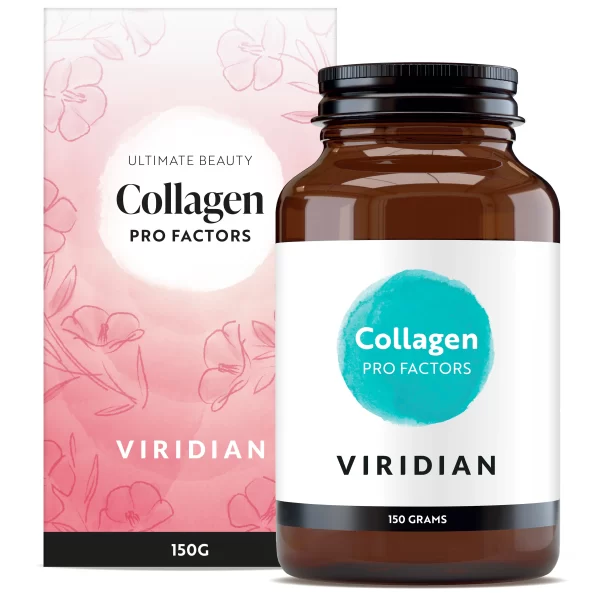
Teen Revive Tropical Flavour
£17.50
Teen Revive
Teen Revive ensuring that teenagers get the right vitamins and minerals is crucial for their growth, development, and overall health. During adolescence, the body goes through rapid growth and changes, making proper nutrition essential. Here are key vitamins and minerals important for teenagers:
### Key Vitamins for Teenagers
1. **Vitamin A**:
– **Benefits**: Essential for vision, immune function, and skin health.
– **Sources**: Carrots, sweet potatoes, spinach, kale, and fortified dairy products.
2. **B Vitamins (B1, B2, B3, B6, B12, Folate)**:
– **Benefits**: Support energy production, brain function, and the formation of red blood cells.
– **Sources**: Whole grains, meat, eggs, dairy, legumes, nuts, and leafy green vegetables.
3. **Vitamin C**:
– **Benefits**: Important for immune function, collagen synthesis, and as an antioxidant.
– **Sources**: Citrus fruits, strawberries, bell peppers, broccoli, and tomatoes.
4. **Vitamin D**:
– **Benefits**: Crucial for bone health and immune function.
– **Sources**: Sun exposure, fatty fish, fortified dairy products, and egg yolks.
5. **Vitamin E**:
– **Benefits**: Acts as an antioxidant, protecting cells from damage.
– **Sources**: Nuts, seeds, spinach, and vegetable oils.
6. **Vitamin K**:
– **Benefits**: Important for blood clotting and bone health.
– **Sources**: Leafy green vegetables, broccoli, and Brussels sprouts.
### Key Minerals for Teenagers
1. **Calcium**:
– **Benefits**: Essential for bone growth and development.
– **Sources**: Dairy products, fortified plant-based milks, leafy green vegetables, and tofu.
2. **Iron**:
– **Benefits**: Crucial for the formation of red blood cells and transporting oxygen throughout the body.
– **Sources**: Red meat, poultry, fish, legumes, and fortified cereals.
3. **Magnesium**:
– **Benefits**: Supports muscle and nerve function, bone health, and energy production.
– **Sources**: Nuts, seeds, whole grains, and leafy green vegetables.
4. **Zinc**:
– **Benefits**: Important for immune function, cell growth, and wound healing.
– **Sources**: Meat, shellfish, legumes, and nuts.
5. **Potassium**:
– **Benefits**: Regulates fluid balance, muscle contractions, and nerve signals.
– **Sources**: Bananas, potatoes, spinach, and oranges.
6. **Phosphorus**:
– **Benefits**: Supports the formation of bones and teeth, and helps the body make energy.
– **Sources**: Meat, dairy products, nuts, and legumes.
### Tips for Ensuring Adequate Intake
– **Balanced Diet**: Encourage a balanced diet rich in fruits, vegetables, whole grains, lean proteins, and healthy fats to cover the spectrum of vitamins and minerals.
– **Diverse Foods**: Include a variety of foods to ensure a broad intake of nutrients.
– **Fortified Foods**: Consider fortified foods like cereals and plant-based milks, especially for nutrients like vitamin D, calcium, and iron.
– **Healthy Snacking**: Promote healthy snacking with nutrient-dense options like nuts, seeds, fruits, and yogurt.
– **Hydration**: Ensure adequate water intake to support overall health and nutrient absorption.
### Supplements
While a balanced diet is the best way to get essential nutrients, supplements can be useful in certain situations, such as for teens with dietary restrictions, health conditions, or specific nutrient deficiencies. Always consult a healthcare provider before starting any supplements to determine appropriate needs and dosages.
In summary, providing teenagers with a diet rich in essential vitamins and minerals is key to supporting their growth, development, and overall health. A balanced and varied diet typically meets these needs, but supplements may be necessary in some cases under the guidance of a healthcare professional.
valentino 0125

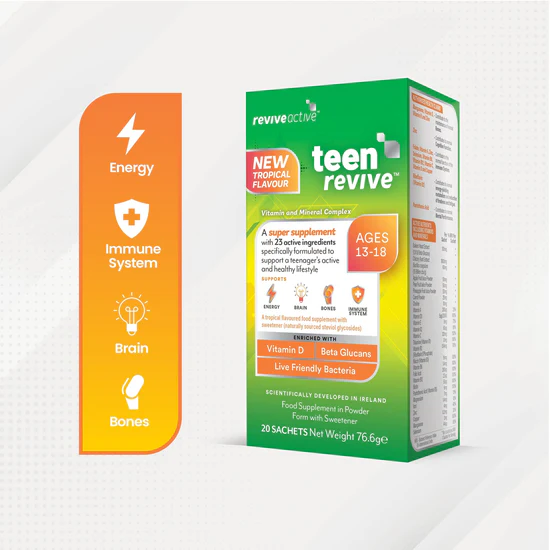

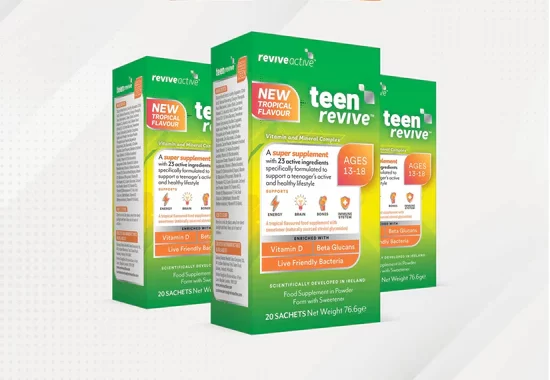
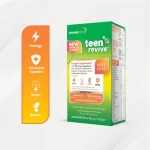
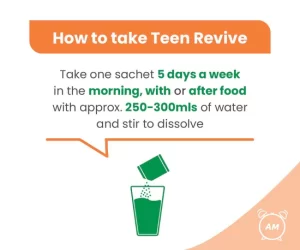
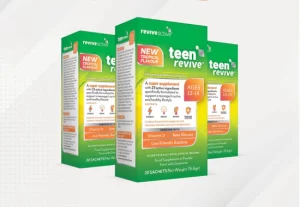
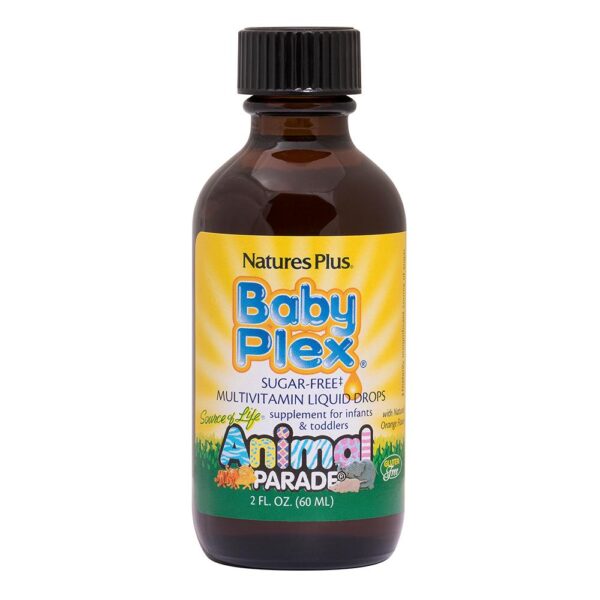
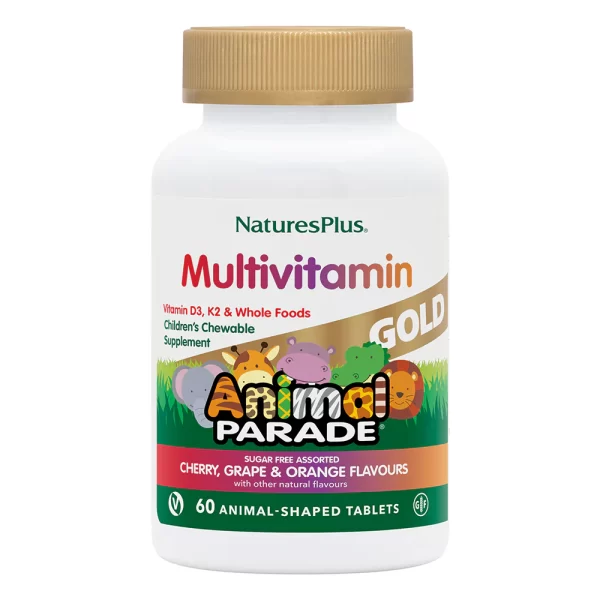
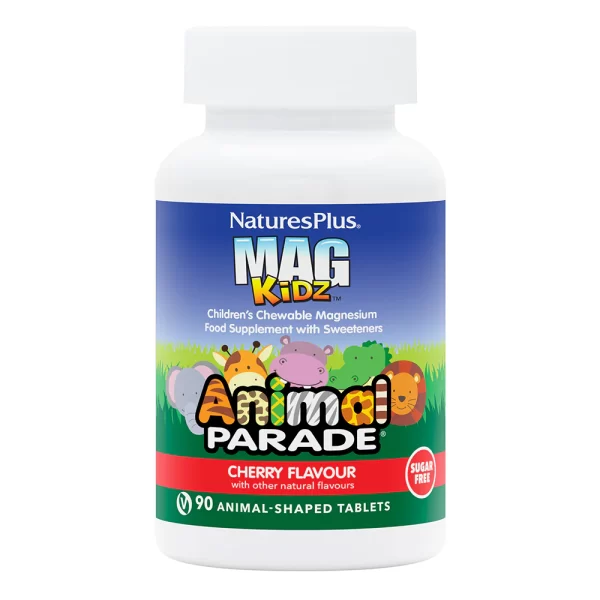
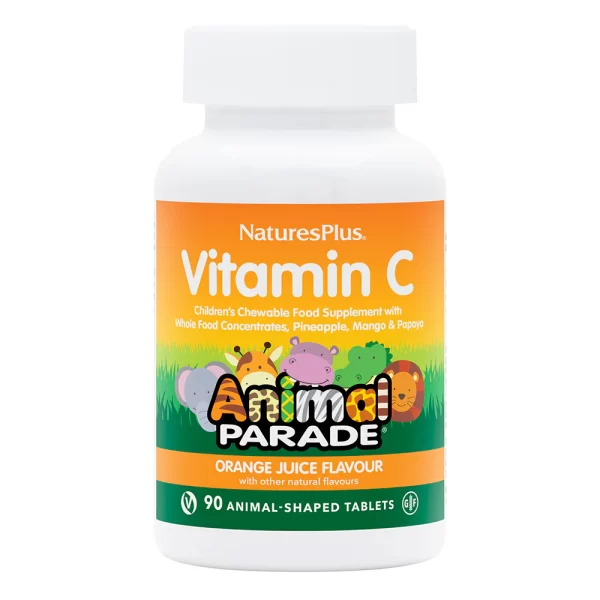
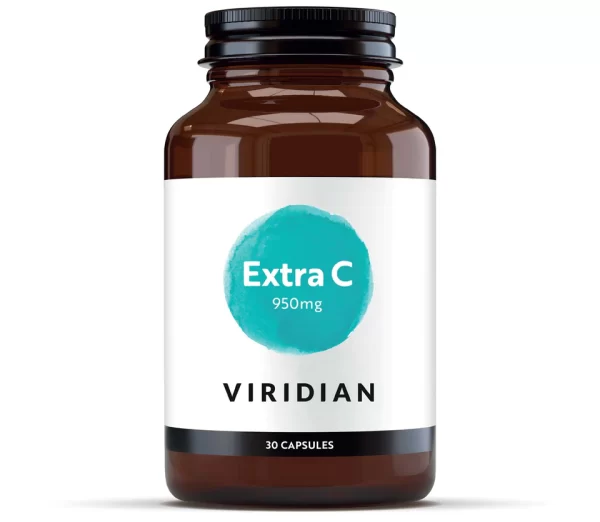
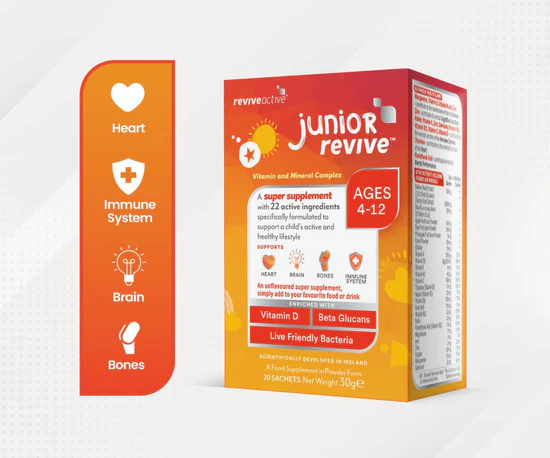
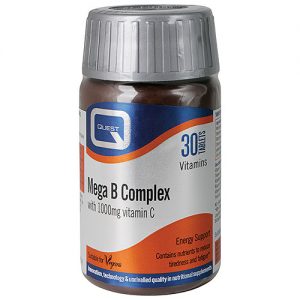
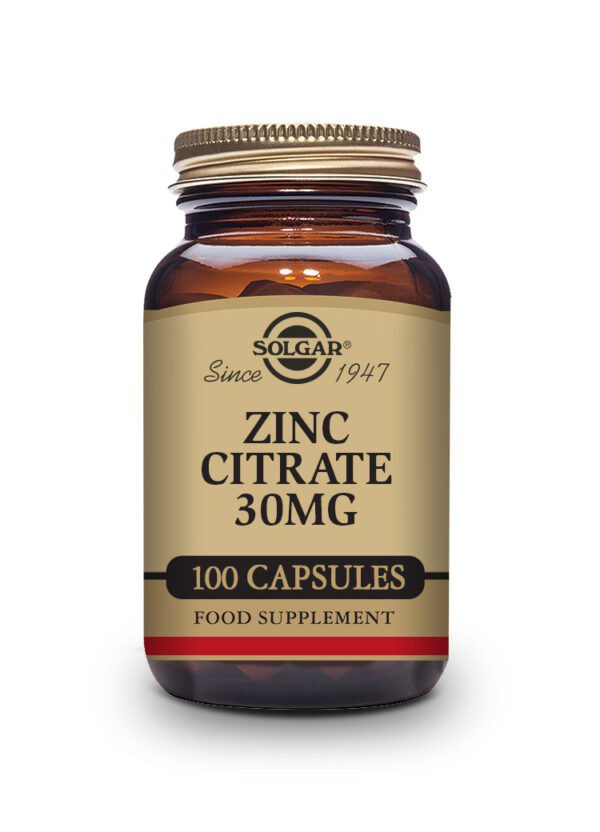




Reviews
There are no reviews yet.